A brief account of China's economic growth and challenges to itself and the world.
October 1st 1949, the People's Republic of China as we know today came into existence, led by Mao Zedong, a communist revolutionary leader. At that time it was a primarily agrarian society. Despite his success in unifying China, its 80% population lived in poverty and hunger. On coming to power he started a process of rapid industrial growth but it soon started to falter and the failure of this experiment led to a famine from 1959 - 1961. His dream of ' the great leap forward' was at the expense of agriculture. After the famine Mao launched the cultural revolution to preserve his way of communism and remove the last remnants of capitalism from China. The estimate of deaths as a state policy ranges from 5,00,000 to 2 million. Though by 1968 he understood its political and social failure but it continued till his death in 1976. Though the famine was over but poverty and hunger remained as everything was rationed. His death lead to the fall of the 'gang of four', the closest associates of Mao. His policy failure lead to the rise of a new leader who took a different approach altogether.
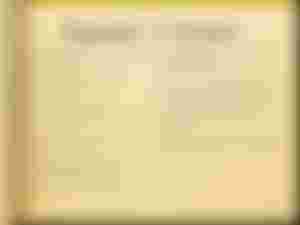
The person responsible for the beginning of the change was 74 year old Deng Xiaoping. He was the Secretary General of the Communist Party. For 10 years as the Secretary General of the party he observed how a great man who created China also was destroying it. So his main priority was to get China of the economic shamble and remove poverty. He knew he was old and time was not on his side to he had the sense of urgency in everything he did. And what he did was to go against the communist ideas of Mao. He shifted his focus from state ownership and a centrally planned economy to a free market economy. He opened up China to the world through foreign investment and legalized private ownership and business. He say how Singapore Hongkong Taiwan and South Korea had become the manufacturing hubs and wanted to replicate it in China. He started making domestic manufacturing bases, special economic zones particularly in the coastal belt. He used the agriculture incomes to subsidize industries thereby reducing input cost drastically. Through these steps he could catch a pie of the ever-growing export economy.

He basically opened up the doors for any one who wanted to create wealth. The people who were continuously subjugated by the communist regime for so many years now had the opportunity to rise and innovate and try new things, for they had seen the worst of poverty in there life. So the people of China stood up to the challenge and opportunity given by this old man. His gamble of change paid off well where the per capita income of the people increased from 40 dollars in 1978 to more than 10,000 USD. China's economy grew at the rate of about 9.8% for the last 40 years.
Shenzhen was the first coastal city to be developed as an industrial hub and special economic zone and now many more have replicated the Shenzhen model of development. The small coastal village of the 70's is now bigger than Hong Kong in matter of size as well as economy. Deng stepped down in 1992 but he had fulfilled his dream of making China a rising super power.

His efforts were further carried forward by the next generation leaders like Jiang Jemin , Hu Zintao and the current Xi Jinping.
In 2001 China joined the world trade organization which opened up tremendous business opportunities. This opened up the worlds developed economies and also access to the worlds resources. The low manufacturing cost made all major global companies flock to China to establish production units. This opening up of the world markets gave the second push to the Chinese economy which led to such a greater control over the world economy. This made China the 2nd most powerful country in the world.
This new wealth created by China had its bad effect also. It started corrupting the system and the party itself, there was economic imbalance between the city and the villages. Xi Jinping, when he came to power took upon the task of removing corruption in the party. In the first 5 years about 200 high ranking officials were prosecuted. Xi also made new economic policies to keep the countries economic engine running. The main one being 'Made in China 2025' which is focused on robotics, technology and IT. He also initiated the 'Belt and road initiative' to connect and create infrastructure in 152 countries for ease of business. These are all part of his 'China dream' - a dream where every Chinese is wealthy at micro level as well as a rejuvenation of the long history of Chinese civilization and be at the center of the world stage.
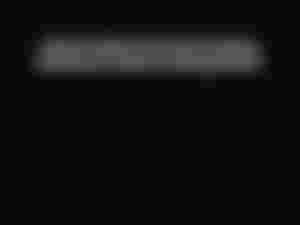
But he is facing headwinds now from USA as Donald Trump accused China of stealing US jobs and cheating on trade deals. Trump imposed taxes of billions of dollars on Chinese imports and this led to tit for tat by both countries. But it has also affected Chinese economy as GDP growth fell to 7% levels. Now countries view China's policy of helping other countries as a way of creating economic and debt trap. Many poor African nations are already feeling the pinch of China's economic aid and the clauses that govern the aid. Questions are being raised whether the Chinese economic policy will be sustainable or not. People are questioning China's hidden agenda of regional and world dominance. China's military aggressive policy in South China sea, East China sea is seen as a danger to regional peace in Taiwan and even in Japan. Its policy towards Uyghur Muslims is criticized world wide. The constitutional amendment which makes him to hold office as long as he lives is seen as a dictatorial move. China's authority is being increasingly challenged by Hongkong with ever increasing protests to restore democracy.
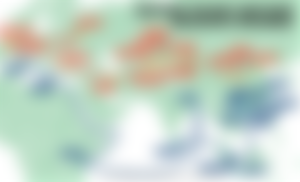
So Xi Jinping has a difficult road ahead to balance the economic growth, political environment and its status as a world power without antagonizing the the other nations.
Throughout history the world has seen a tilt in power balance every few centuries. In the last 500 years first the European countries ruled, then came the American economic supremacy and now China is developing as the new power center. Any country which has passed through this phase has justified its supremacy by the sheer dint of its power, and brushed the atrocities under the carpet. Though the world is now mostly anti communist but the transformation China achieved in the last 40 years has to be recognized and given credit, more so because it achieved all this maintaining a fine balance between communism and capitalism. No country is perfect after all, if China has its Tiananmen square then USA has its period of white supremacy and slavery, European countries have its history of exploitation of third world country and its resources.
The next 50 years will be an interesting watch of this power play.

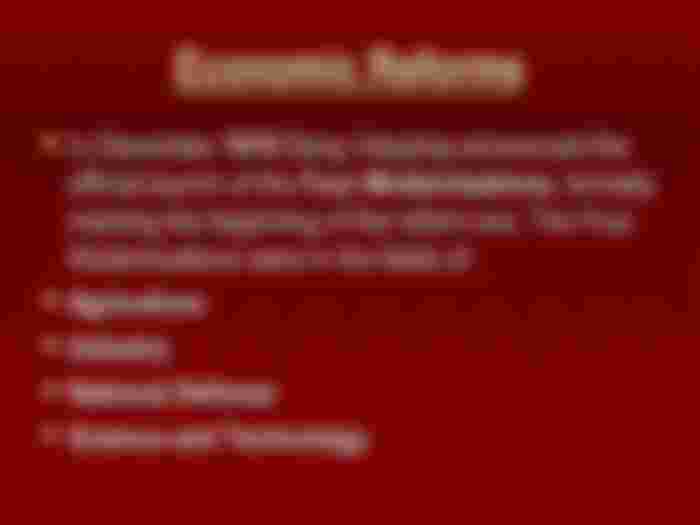
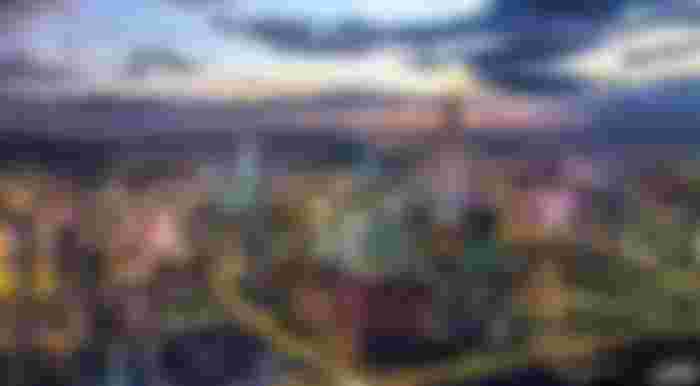
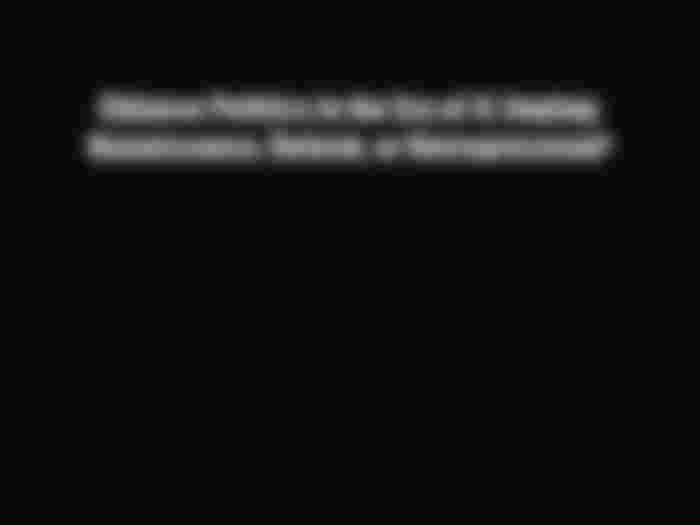
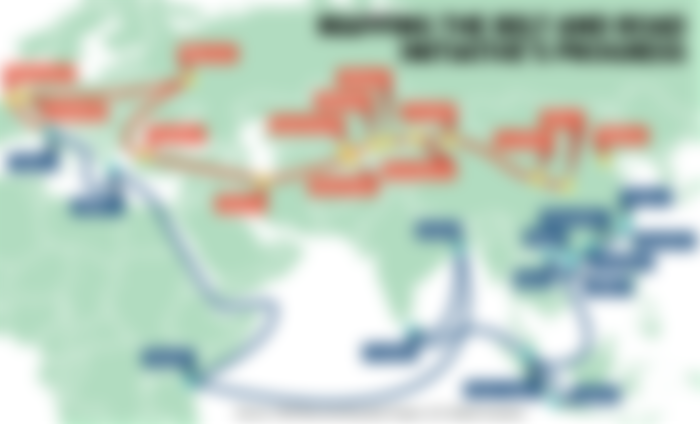
Thank you Telesfor sir.